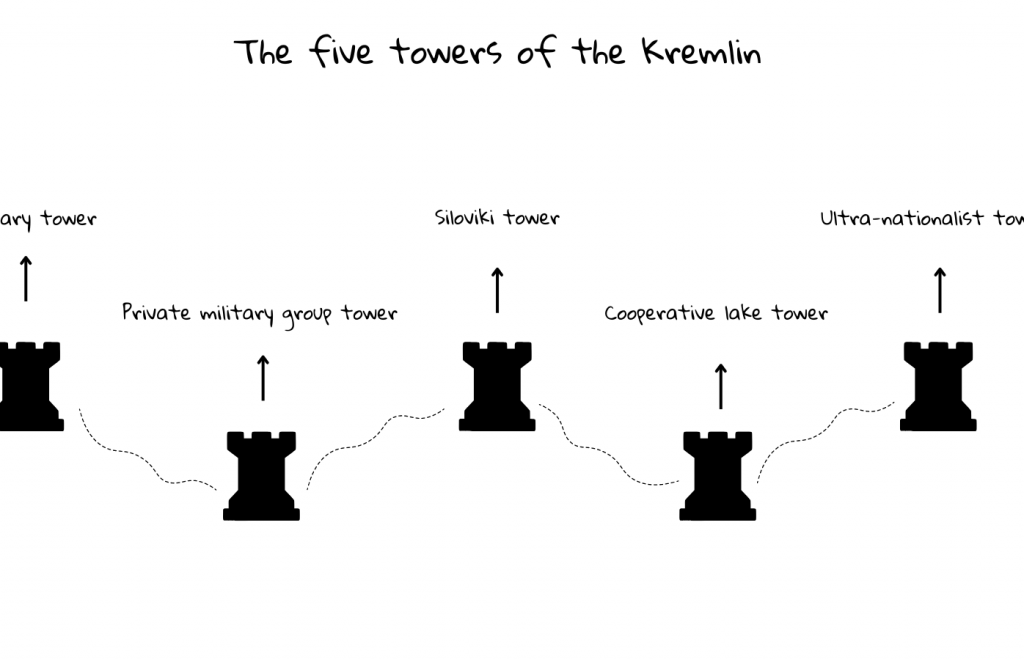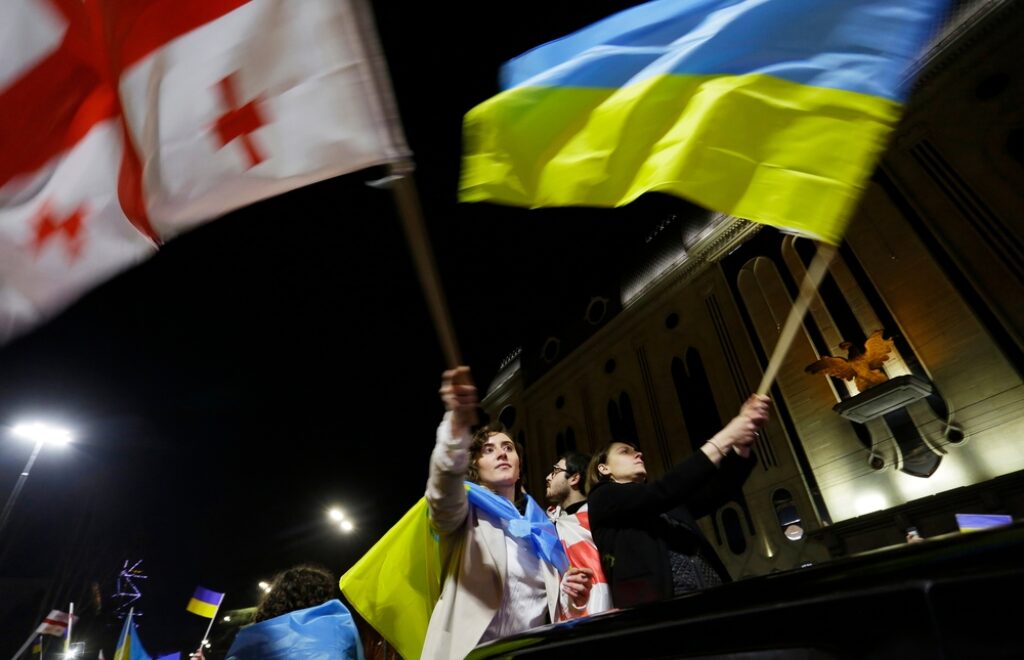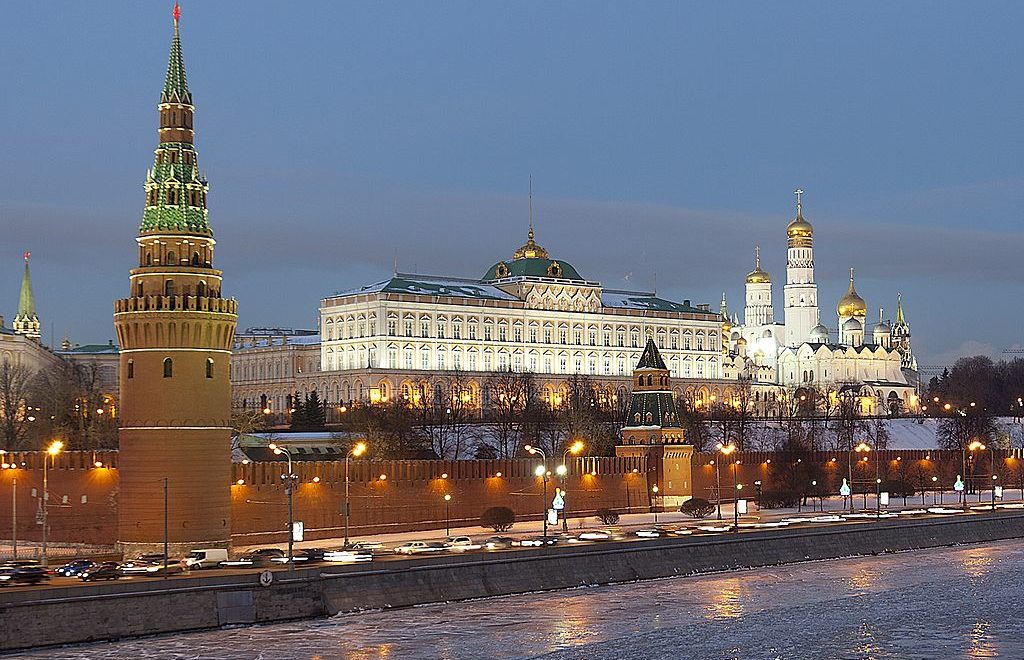The Five Towers of the Kremlin
There are many rumours regarding how contemporary Russia is being ruled and who is the “unknown puppet master” holding all the “strings”. Overall, the Russian political system is more akin to the Byzantine model of governance than the Roman one, and is prone to instability and conflict. The recent mutiny by the Wagner Group, a private military company led by Yevgeny Prigozhin, is a sign that the system is breaking down.
September 11, 2023 - Vakhtang Maisaia





































